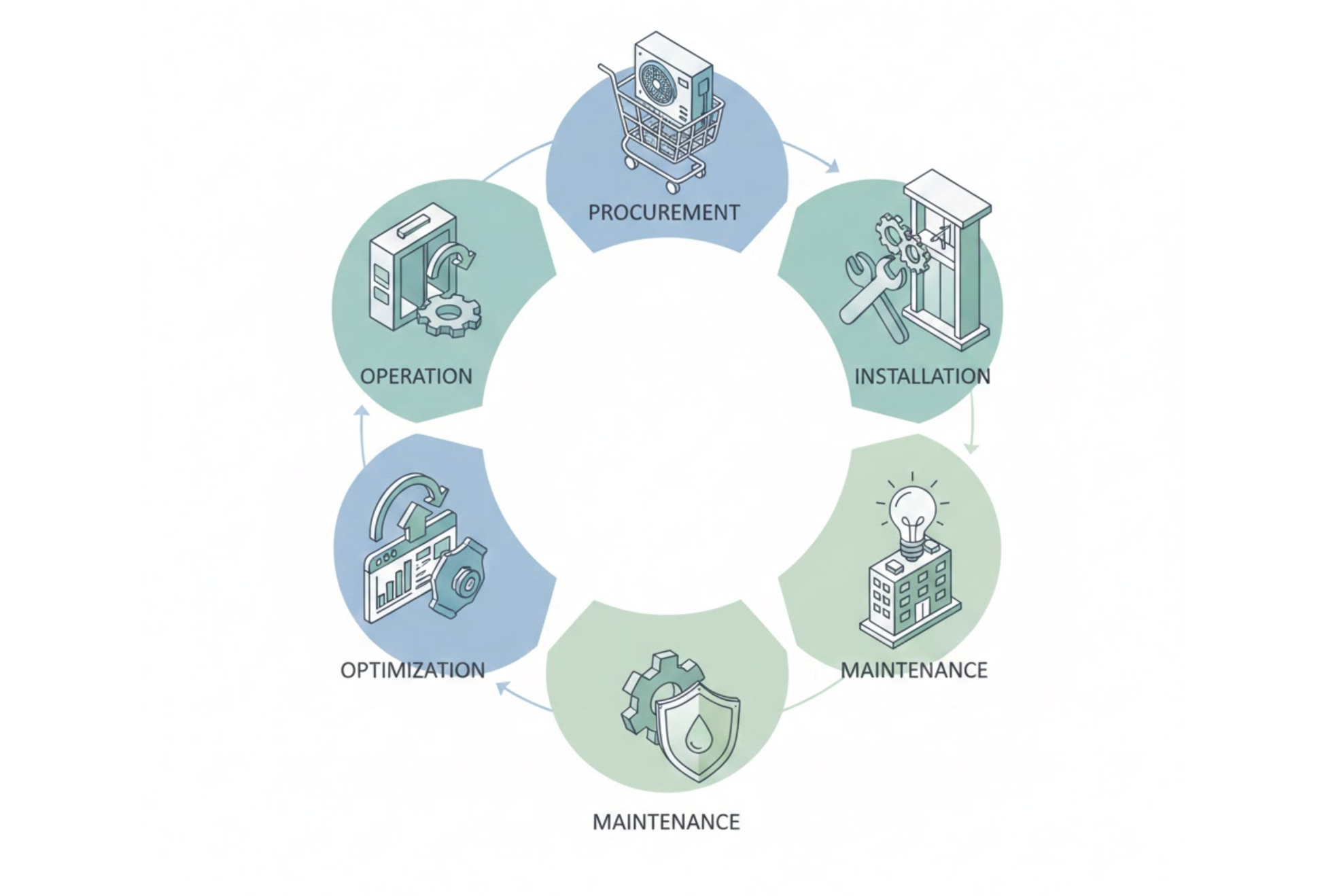Managing Site Risks During Authority Delays
Authority delays in construction can severely impact timelines and budgets. Understanding the causes and implementing effective strategies is crucial for successful project delivery. In this article, we explore how to manage site risks associated with authority delays and how Zepth’s construction management platform can provide the necessary tools for success.
Understanding Authority Delays in Construction Projects
Authority delays often arise from multiple factors that stem from communication, regulation, and planning. Identifying these causes helps in developing robust strategies to manage and mitigate the associated risks.
Causes of Authority Delays
Several key factors contribute to authority delays in construction projects:
- Inadequate Planning: A lack of thorough planning and an inadequate understanding of regulatory requirements typically lead to delays in securing necessary permits and approvals. Proper planning practices can help avoid unnecessary holdups.
- Regulatory Changes: Unanticipated changes in building codes or local regulations can complicate the approval process significantly. Staying abreast of these changes is essential for project success.
- Insufficient Communication: Poor communication with local authorities may hinder inspections or approvals, resulting in avoidable setbacks. Improved communication strategies are vital for overcoming these challenges.
Consequences of Authority Delays
The repercussions of authority delays can be extensive and detrimental:
- Timeline Extensions: Delays can push the project’s schedule beyond its original completion date, complicating project delivery.
- Cost Overruns: Prolonged projects lead to extended labor and equipment rentals, increasing penalties for late completion and resulting in significant cost increases.
- Strained Relationships: Authority delays can strain relationships with clients and stakeholders, negatively impacting asset utilization and potential revenue.
- Legal and Financial Implications: Delays can result in contractual claims, extensions of time (EOT), and liquidated damages, which may require extensive analysis and possible forensic accounting.
Strategies for Managing Authority Delays
Mitigating the risks associated with authority delays involves proactive strategies throughout the project lifecycle:
Early Planning and Permit Applications
- Apply for permits early and confirm review timelines to avoid last-minute delays. Establishing a timeline for applications aids in effective scheduling.
- Ensure thorough planning and understanding of regulatory requirements to prevent unnecessary delays. Planning should include potential risks and regulatory constraints.
Staying Updated on Regulations
- Stay informed of any changes in local building codes and regulations. Continuous education and updates enable construction teams to prepare for compliance requirements effectively.
Improved Communication
- Maintain clear documentation for inspectors and schedule inspections in advance to streamline the approval process. Availability of all necessary documents expediting inspections leads to smoother timelines.
- Build relationships with local authorities. A good rapport can facilitate better communication and faster approvals.
Proactive Risk Mitigation
- Identify potential delay risks early during the project planning phase to implement proactive measures. Recognizing these risks in advance allows for better management strategies.
- Enhance the accuracy of scheduling and secure reliable supply chains to minimize delays’ impact during construction.
Use Cases and Best Practices
Adopting technology and effective project management practices can alleviate authority delays:
Utilizing Technology
Engaging tools like Building Radar can provide visibility into regional regulations and compliance requirements, helping anticipate administrative hurdles. With AI-powered instruments and digitized lead processes, teams can achieve smarter planning, better risk mitigation, and more reliable timelines.
Effective Project Management
Effective project management encompasses clear communication, strategic planning, and proactive risk identification. By pinpointing common causes of construction delays early on, stakeholders can develop measures to mitigate risks effectively and ensure smoother project flow.
How Zepth Can Help
Zepth excels in enhancing construction management and mitigating risks linked to authority delays:
- Risk Management: Zepth’s platform provides comprehensive risk assessment and management tools to identify and mitigate risks associated with authority delays.
- Project Scheduling: With Zepth’s project tracking software, users can improve scheduling accuracy and secure reliable supply chains, helping reduce the impact of delays on overall project timelines.
- Communication and Documentation: Zepth facilitates clear communication and documentation, ensuring that all stakeholders are informed and aligned, which is vital for managing authority delays.
- Regulatory Compliance: By keeping current on building codes and regulatory changes, Zepth aids construction projects in navigating complex requirements efficiently.
By leveraging Zepth’s advanced construction management tools, teams can better manage risks associated with authority delays, enhancing project completion timelines and adherence to budget constraints. For a deeper dive into how Zepth can assist your construction project, explore our Why Zepth? page and see our comprehensive tools in action.




